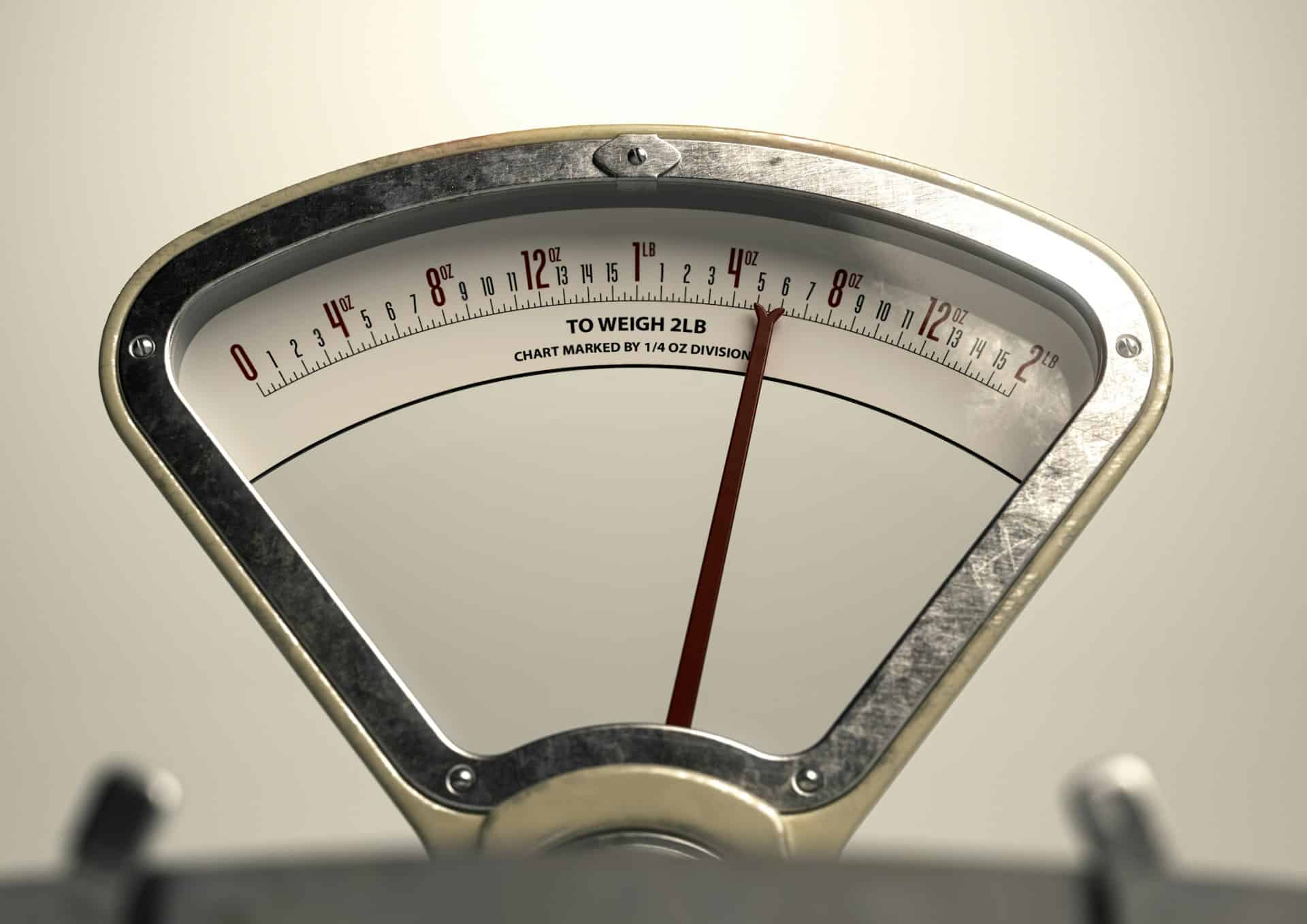Discover The Secrets To Effective Strategies Of Managing BMI
Weight management is a continuous journey, one that evolves as we age and face different life events, such as changes in health or having children. For many, weight loss medications offer a beacon of hope in navigating these fluctuations, though they don’t come with a guarantee of success. Understanding why some people experience different results than others can help you determine whether a prescription might be the right path for you.
Weight loss medications are designed to help individuals shed pounds and maintain a healthier weight, particularly when they have concerning body mass index (BMI) results. Health professionals categorize individuals with a BMI between 25 and 30 as overweight, while those with a BMI over 30 are considered obese. Many people falling into these categories may have tried traditional weight loss methods—like calorie counting and exercise—but struggled to achieve or maintain the results they desired.
These medications work through various mechanisms. Some target underlying issues, such as metabolic syndrome, by enhancing the body’s ability to burn fat more effectively. Others send signals to our brain that we’re full or suppress hunger cues, curbing those late-night snack cravings that often derail our efforts. With multiple options available, weight loss medications can effectively address the diverse causes of obesity, helping many people on their weight loss journeys.
Despite these benefits, weight loss medications aren’t a one-size-fits-all solution. They may not work for everyone, and it’s essential to have open conversations with your healthcare provider as you navigate this path.
One major factor that can limit the effectiveness of weight loss medications is a lack of lifestyle changes. Imagine training for a marathon but not adjusting your diet to support your energy needs—those race-day goals would be tough to meet! In the same vein, if you’re relying solely on medication while continuing to eat an unbalanced diet and skipping workouts, you’re likely to see limited results. Incorporating small changes, such as swapping out sedentary habits for activities like jumping rope or taking brisk walks, can help enhance your weight loss efforts without overwhelming you.
Another hurdle can be medication consistency. Taking a weight loss drug sporadically won’t yield long-term results. Life can sometimes get in the way—whether it’s forgetting your dose or facing a shift in your insurance coverage—that can make sticking to a medication schedule a challenge.
It’s also common to hit a weight loss plateau. This can be incredibly frustrating. Once your body adjusts to a new diet and exercise regimen, it can reach a point where weight loss slows down or even halts entirely. This doesn’t mean your medication isn’t working; instead, your body is likely optimizing its energy use. When this happens, switching up your routine with more intense workouts can help reignite your weight loss journey.
While weight loss drugs can be effective, they aren’t the only option available. If medications aren’t working for you or you’ve had a negative experience, consider exploring alternatives. You could work with a nutritionist to make tailored dietary changes, partner with a personal trainer for an effective exercise routine, or discuss doctor-recommended weight loss surgeries.
Above all, be patient with yourself. Stay connected with your primary care physician, nutritionist, trainer, or any other professionals guiding you on this journey. If a weight loss prescription falls short for you, these experts will be invaluable resources, helping you brainstorm alternative strategies that might work better.
As the trend of weight loss medications continues to grow, it’s clear many find success with them. Your experience may vary, so it’s crucial to chat with your doctor about what options align best with your health history. Together, you can create a plan that sets you on a path toward achieving your weight loss goals.
















